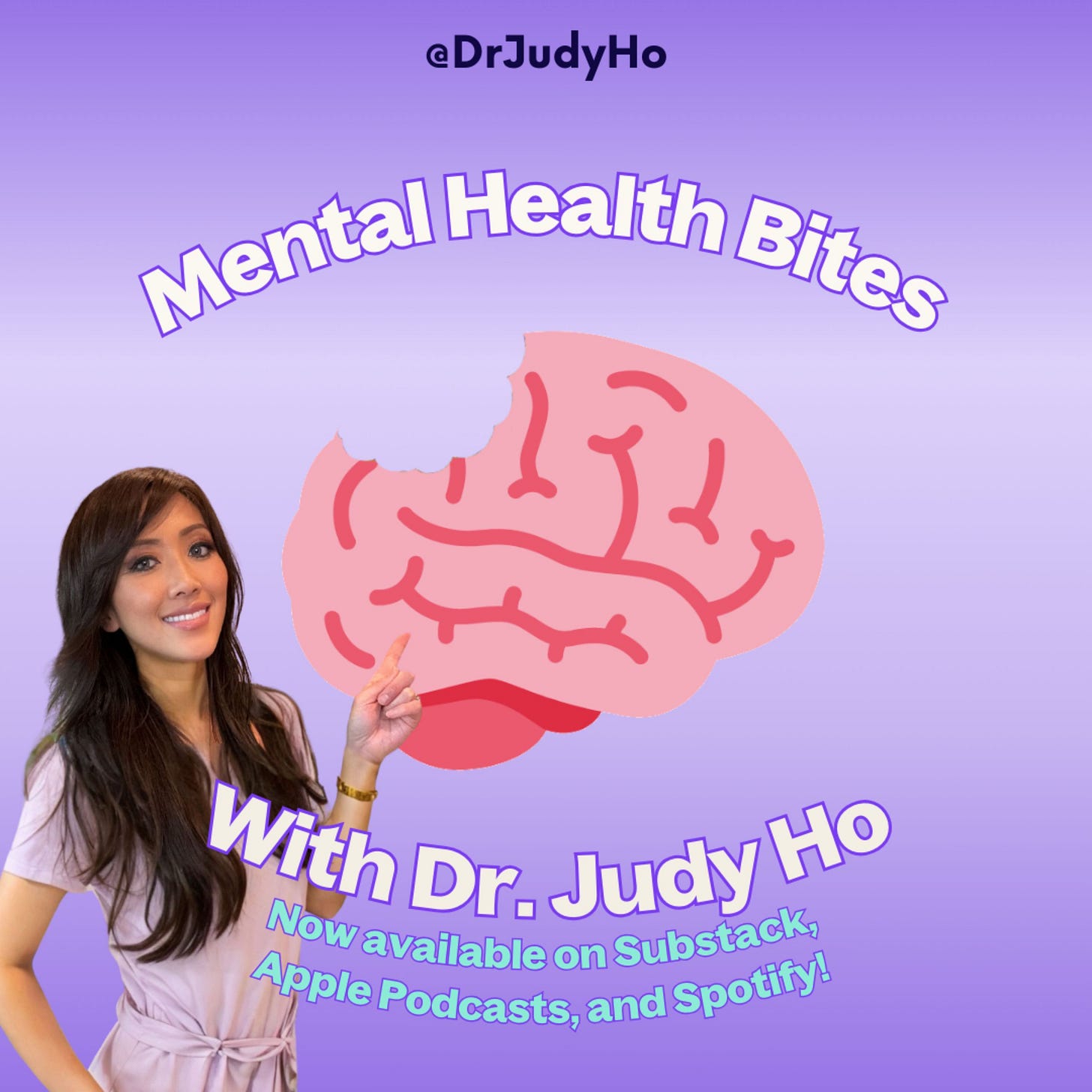We all chase happiness.
But the pursuit of happiness doesn’t work, at least when we’re looking for it outside of ourselves.
We can’t control how others ultimately feel about us. We can try to impact it. We can try to shift it. But, at the end of the day, it’s not something we can force. So, if external approval is the end-all-be-all as your source of happiness, I have some bad news for you.
There are, however, several studies that have looked into the sources of happiness and how we can cultivate more of it in our lives.
One of the most well known studies is The Harvard Study of Adult Development, which is also known as the longest study on human happiness. Starting in 1938 with 724 participants (including JFK) has gone on to include three generations with over 1300 direct descendants of the original participants.
The current director of the study is Dr. Robert Waldinger. In his TED talk, which has over 26 million views, he shares some of the study’s main conclusions, namely that “Close relationships, more than money or fame, are what keep people happy throughout their lives.”
Waldinger, unsurprisingly, isn’t the only person looking at human happiness. Researchers Sonja Lyubomirsky, Kennon M. Sheldon, and David Schkade proposed in 2005 paper the idea that there is a formula to human happiness:
40% actions + 50% genetics + 10% environment.
Now, this is not one-to-one. These percentages speak to the variation in the factors that impacted the studied population. How a factor impacts a group—as collective—does not necessarily mean it will impact one person in the same way. However, it can tell us something important.
It tells us that the choices we make and the actions we take matter. And what we decide to do can have a tangible impact on our happiness.

So, what can you do to achieve happiness?
One popular acronym to boost joy is "GREAT DREAM," which encompasses key components for happiness and well-being:
Giving: Do things for others.
Relating: Connect with people.
Exercising: Take care of your body.
Awareness: Live life mindfully.
Trying Out: Keep learning new things.
Direction: Have goals to look forward to.
Resilience: Find ways to bounce back.
Emotions: Look for what's good.
Acceptance: Be comfortable with who you are.
Meaning: Be part of something bigger.
You will notice that these are all actions. These are not things that are done to you. They are actions that you take.
You have power over how you feel.
If you want community, you can go out and take it, find it, and make it.
One of the biggest things they found was the power of good relationships.
To explore more about the science of happiness, you can listen to my recent podcast episode on Apple or Spotify, or watch it on YouTube.
Order The New Rules of Attachment here: https://bit.ly/3MvuvvF
Take my Attachment Styles Quiz!
About me:
Dr. Judy Ho, Ph. D., ABPP, ABPdN is a triple board certified and licensed Clinical and Forensic Neuropsychologist, a tenured Associate Professor at Pepperdine University, television and podcast host, and author of Stop Self-Sabotage. An avid researcher and a two-time recipient of the National Institute of Mental Health Services Research Award, Dr. Judy maintains a private practice where she specializes in comprehensive neuropsychological evaluations and expert witness work. She is often called on by the media as an expert psychologist and is also a sought after public speaker for universities, businesses, and organizations.
Dr. Judy received her bachelor's degrees in Psychology and Business Administration from UC Berkeley, and her masters and doctorate from SDSU/UCSD Joint Doctoral Program in Clinical Psychology. She completed a National Institute of Mental Health sponsored fellowship at UCLA's Semel Institute.














Share this post